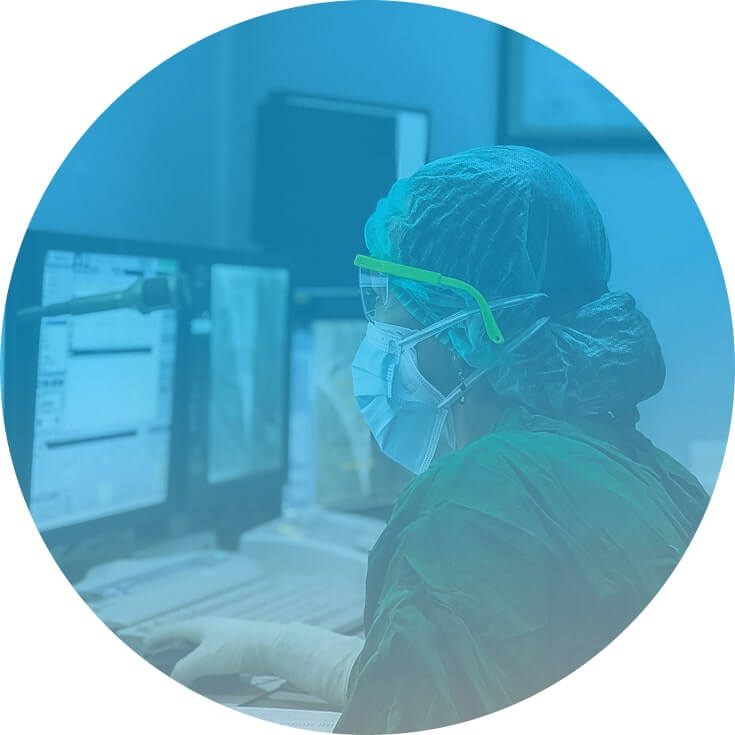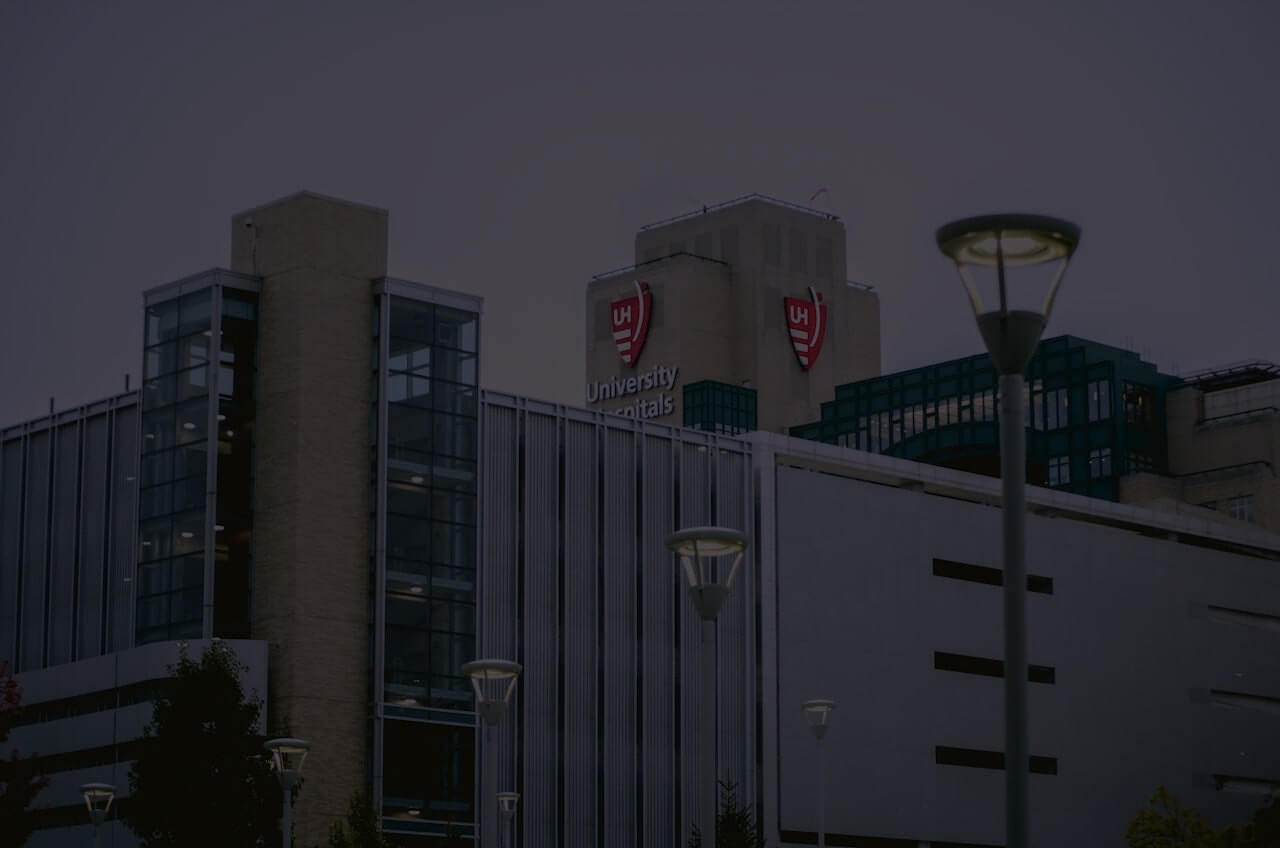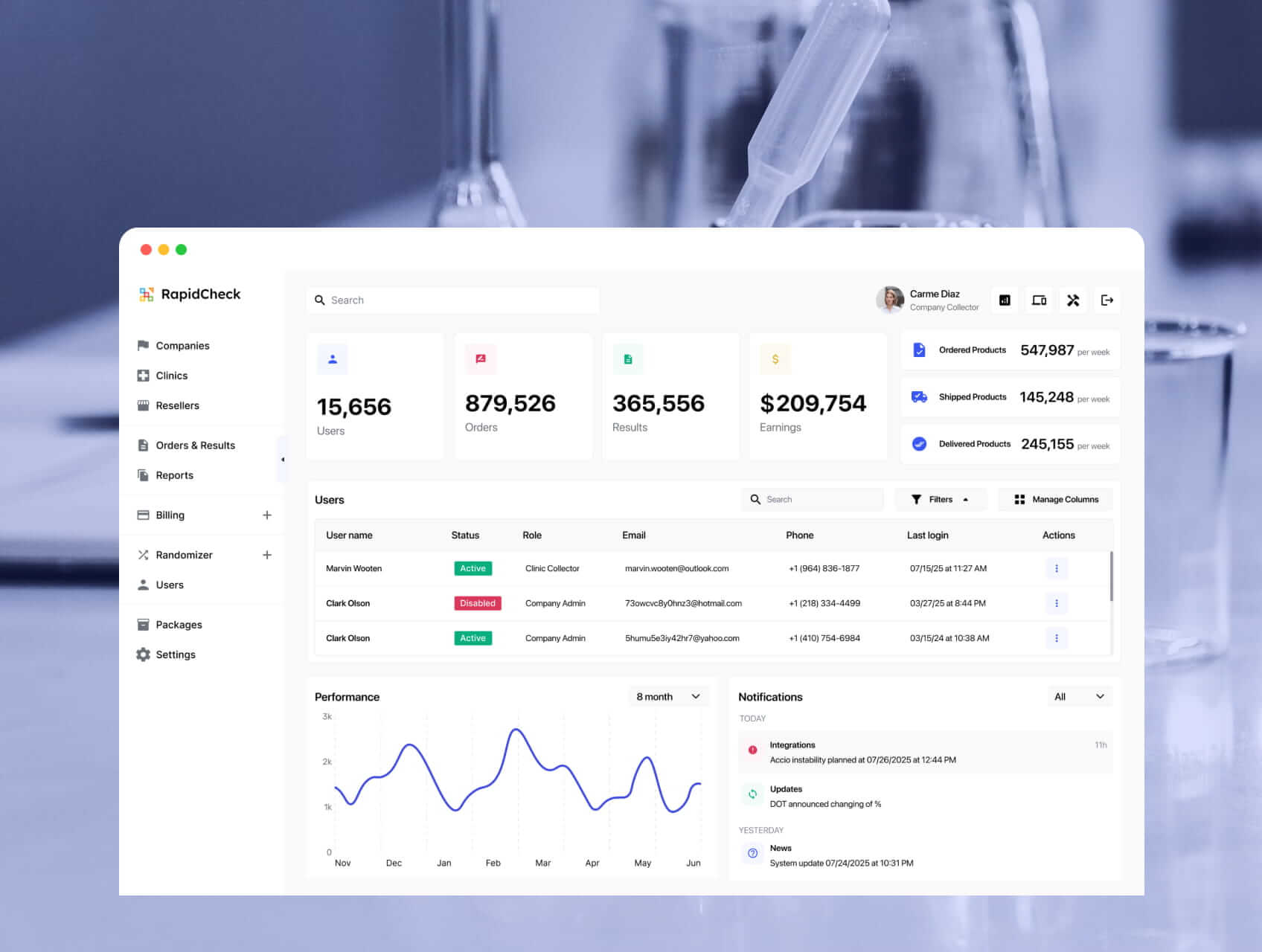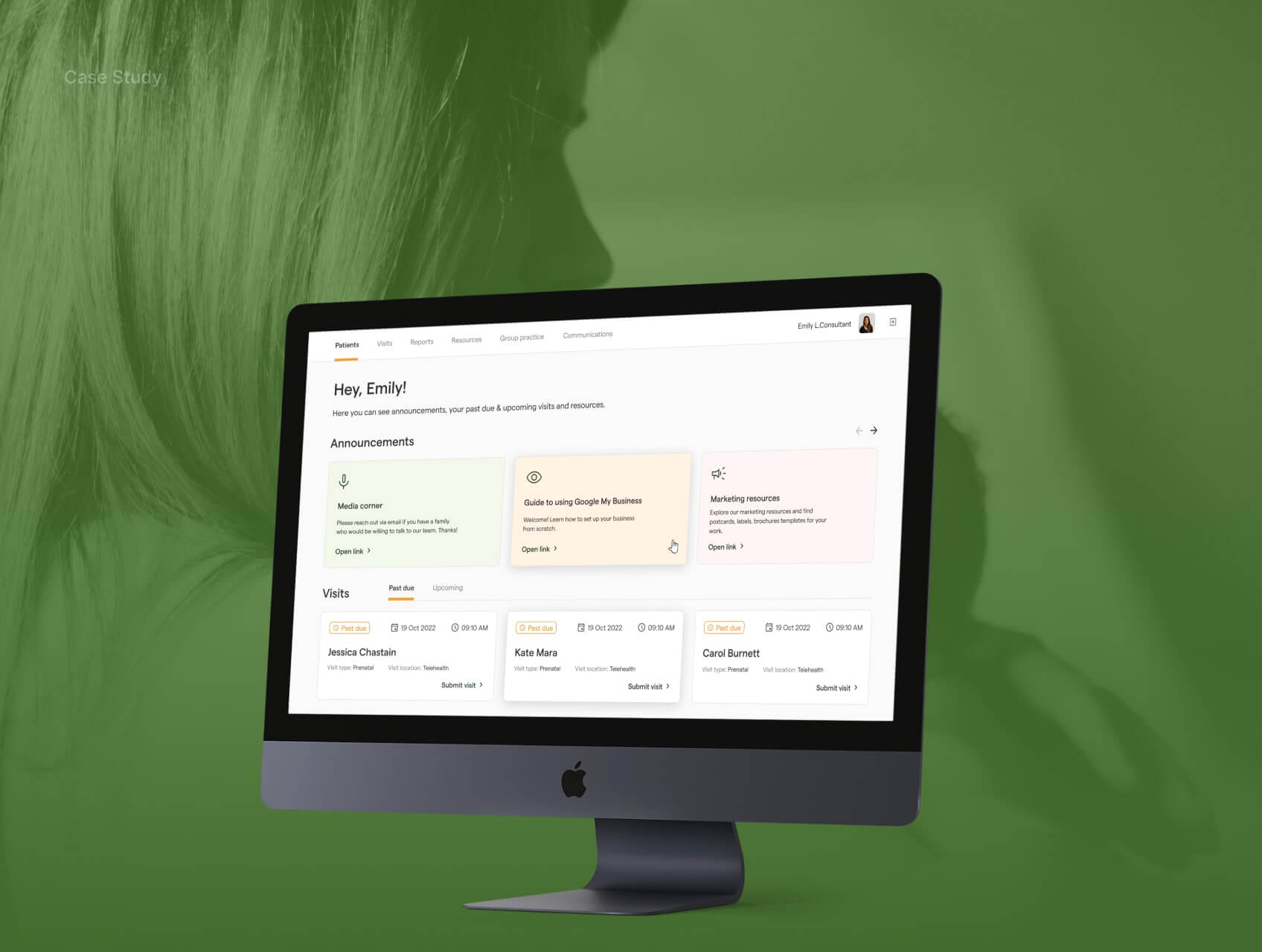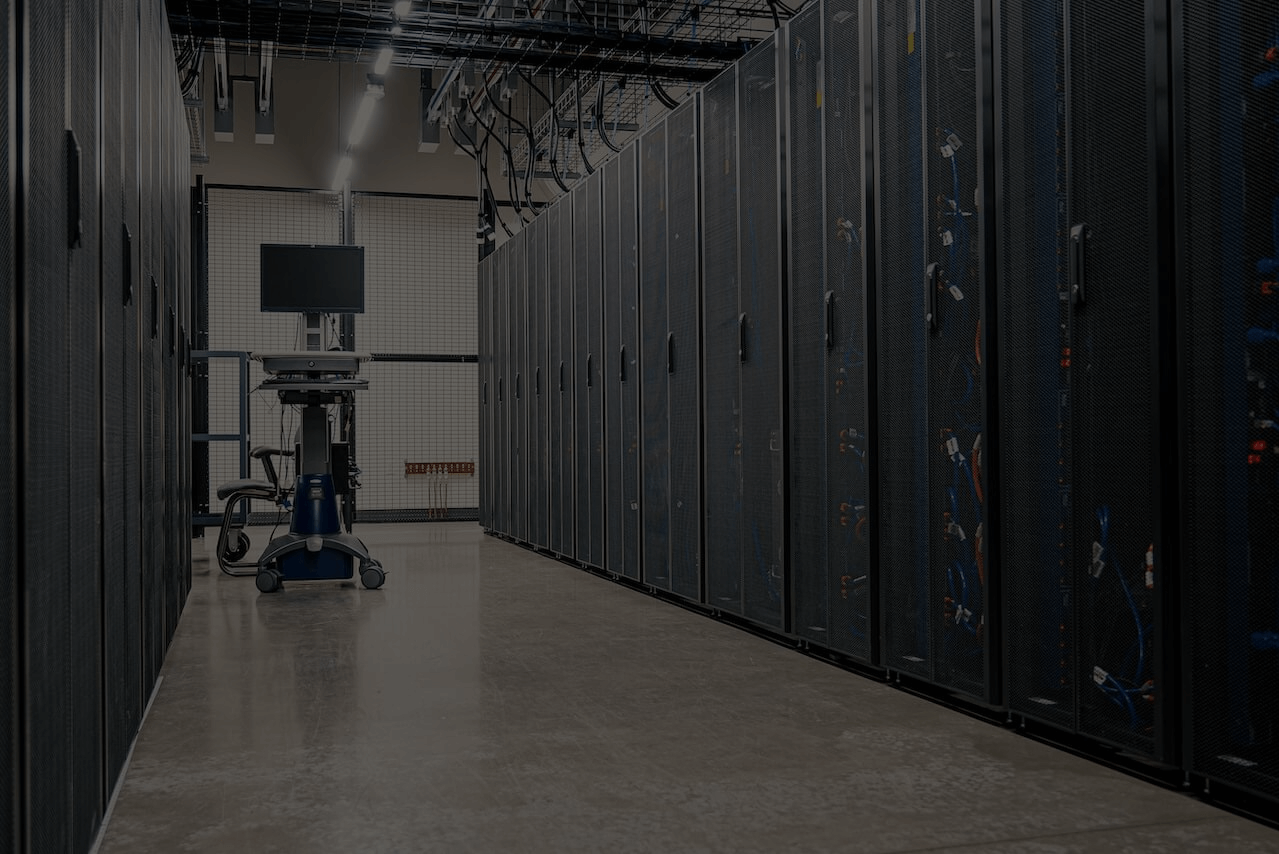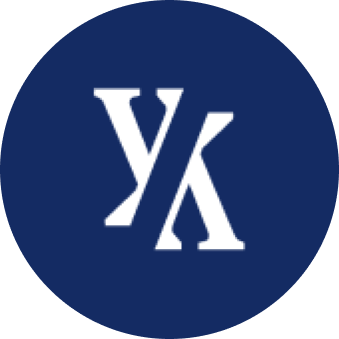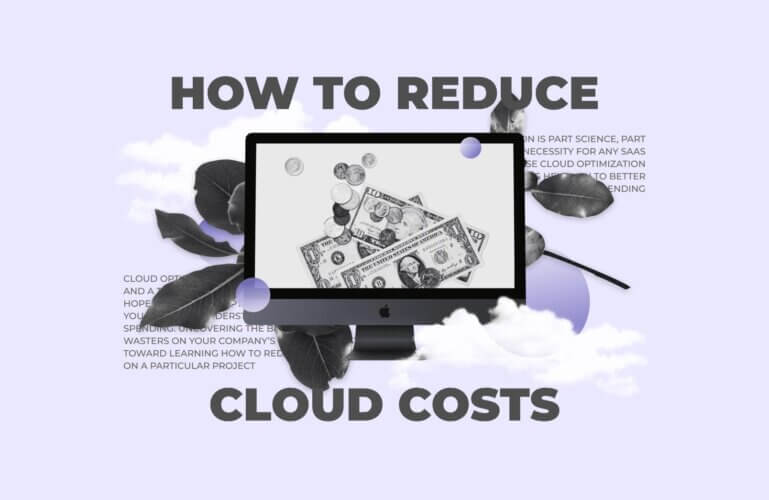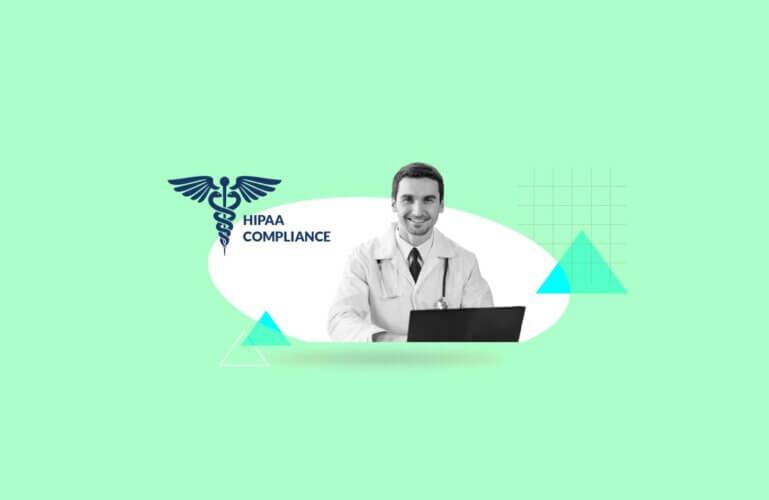Trusted by
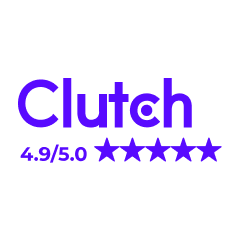
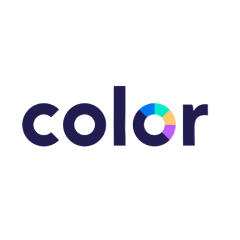
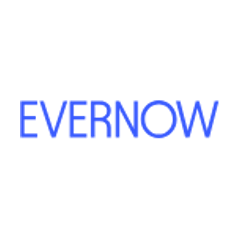
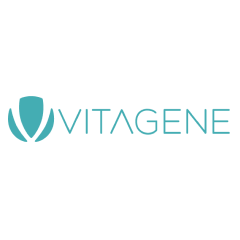


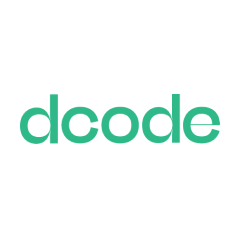
Legacy software challenges we solve
Modernize your healthcare software before users migrate to more modern, intuitive platforms. Technology shouldn’t create more problems than it solves.
Low reliability
It’s time to cease fighting the fire when the platform can barely handle the current demand, and every software update feels like patching cracks. MindK migrates legacy solutions to the cloud with high-availability architecture and implements autoscaling solutions (serverless/Kubernetes clusters) with CDN acceleration and load balancing.
Scaling beyond MVP
Customers and investors lose confidence in the product when it becomes unstable every time the team adds features. MindK helps startups overcome technical debt by refactoring to microservices, automating testing and deployments through robust CI/CD. Our solution also covers HIPAA compliance with Terraform-based infrastructure as code.
High maintenance costs
MindK engineers come to the rescue when infrastructure costs a fortune and every minor update requires weeks of unplanned work. Our solutions range from quick rightsizing to strategic options like auto-scaling, infrastructure as code, Spot Instances, and architecture optimization.
Lack of interoperability
Disconnected, low-quality data slows down clinician work and complicates regulatory approval. MindK makes integration easier and cheaper with API gateways, interoperability engines like Mirth Connect, and efficient FHIR/HL7 API design.
Weak security and compliance posture
Balancing security, speed, and cost-effectiveness is challenging. When a single mistake delivers a devastating impact, MindK uses a holistic security framework with secure cloud services, modular infrastructure as code, automated compliance monitoring, and real-time audit trails via SIEM.
Inadequate data processing & analytics
We save software products from becoming hopelessly outdated using cloud-native analytics pipelines with integrated ML capabilities, data repositories and warehouses, and workflow automation.
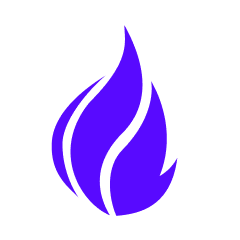
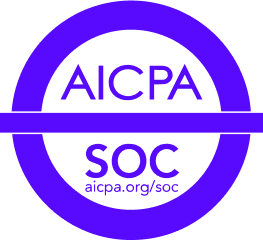
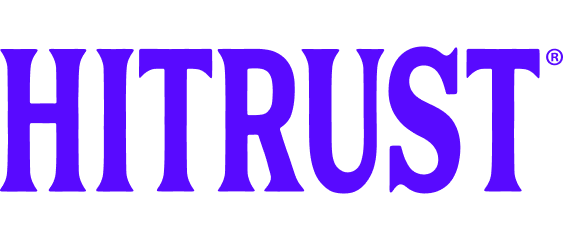

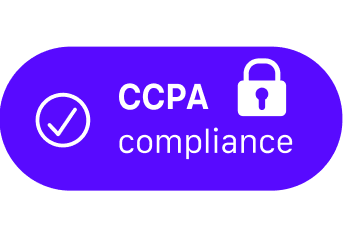
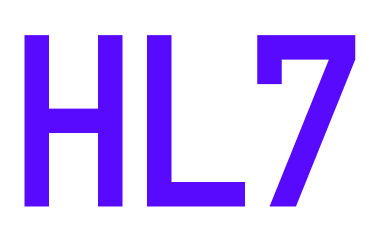
Languages and frameworks
Healthcare infrastructure & cloud services
AI and data engineering
Databases & message brokers
Container orchestration & Infrastructure as Code
Requirements analysis
Quickly separate good ideas from bad ones. Our team will validate those ideas in the fastest, cheapest way possible. Our team identifies stakeholders, conducts interviews, assesses risks and competitors, maps workflows (involving clinicians, if necessary), analyzes security & HIPAA requirements, and plans architecture that satisfies these needs.
Deliverables: technical gap analysis, compliance requirements document, risk mitigation plan, modernization roadmap with clear ROI justification.
Solution design
The team analyzes your codebase, architecture, tech stack, and infrastructure. We organize collaborative workshops to propose the best solution, including redesigns, architecture changes, or an updated tech stack.
Deliverables: detailed cost estimation, architecture design meeting scalability, interoperability, and compliance requirements.
Solution implementation
We modernize your healthcare application in short iterations to reduce disruptions. Our workflow includes compliance and user acceptance testing, which provides stakeholders with real-time visibility.
Deliverables: fully tested, interoperable components, CI/CD pipelines, reduction in tech debt with transparent documentation, automated compliance monitoring, disaster recovery mechanisms.
Knowledge transfer
After modernizing your app, we'll transfer the knowledge and technical documentation to your in-house team. You won't be dependent on MindK for future support.
Deliverables: comprehensive documentation for self-sufficient teams, data governance & security policies, IaC repositories, detailed system architecture, integrations, and data flow.
Support (optional)
If necessary, we can provide long-term support for your solution. The team may also continuously improve your processes and implement new features.
Deliverables: SLA, rapid incident response plan, performance & security monitoring, real-time compliance alerts, cloud cost reporting, and optimization.
Choose your service option
Application modernization consulting
Managed services
15 years of experience
Since 2009, we've assisted over 170 clients in building and modernizing their systems.
Legacy technology expertise
We’ve completed projects of all sizes, complexities, and engineering maturity.
Pre-built solutions
for HIPAA compliance, cloud infrastructure & cost optimization, medical SaaS features & UI
Healthcare integrations
MindK has vast experience with FHIR/HL& APIs, major telehealth, and EMR platforms
What
our
clients
say
Streamline your medical software delivery
HIPAA compliance
Test automation
Healthcare DevOps
Cloud & reverse cloud migration
Modernize your healthcare app with MindK
Let us know about your technology challenges. We'll reply within 24 hours to schedule a free, nonbinding consultation with our team.
Our approach
Frequently Asked Questions
- How much does application modernization cost? What's the potential ROI?
Typical healthcare software modernization projects range from $100K to $1M+. The exact sum depends on complexity and scale, regulatory requirements, and the level of architecture changes:
- Small system modernization costs $100K-$250K.
- Medium complexity (EHR integrations, mid-sized) cost $250K-$750K.
- Large, enterprise healthcare systems cost $750K-$1M+.
Most healthcare organizations realize positive ROI within 12-24 months. This includes direct cost savings from reduced maintenance and downtime, improved productivity, reduced compliance risk, and regulatory penalties.
- What is the expected downtime?
MindK uses a phased implementation approach. Careful planning and contingency rollback keep downtime to less than 24 hours. Parallel deployments can achieve near-zero downtime.
- What are the risks of healthcare software modernization?
Common risks include downtime, potential data loss, budget overruns, and regulatory penalties.
To minimize these risks, MindK uses phased deployments, robust rollback strategies, thorough pre-launch testing, data validation and backup, regular cost tracking, and compliance-by-design software modernization.
- What are the benefits of application modernization? How will it impact my business?
Healthcare application modernization services can provide multiple benefits:
- Improved interoperability & integration (FHIR/HL7), enabling seamless clinical workflows.
- Reduced clinician burnout due to intuitive, streamlined user interfaces and clinical decision support.
- Increased security and regulatory compliance (HIPAA, FDA, CMS Interoperability rules).
- Cost reductions from automated processes, reduced downtime, and lower maintenance overhead.
- Enhanced patient experience and clinical outcomes through responsive, reliable applications.
- What are the 5 R's of application modernization?
The 5 R’s framework describes modernization strategies:
- Rehost: lift and shift legacy apps directly to cloud infrastructure with minimal changes.
- Refactor: restructure code to optimize existing features and improve performance without major functionality changes.
- Re-architect: transform the application structure significantly, e.g., monolith to microservices or serverless architecture.
- Rebuild: completely redevelop the application from scratch, leveraging modern technologies.
- Replace: fully retire legacy software, replacing it entirely with new solutions or commercial SaaS alternatives.
Healthcare typically favors the Refactor, Re-architect, or Rebuild approaches for compliance and interoperability advantages.
